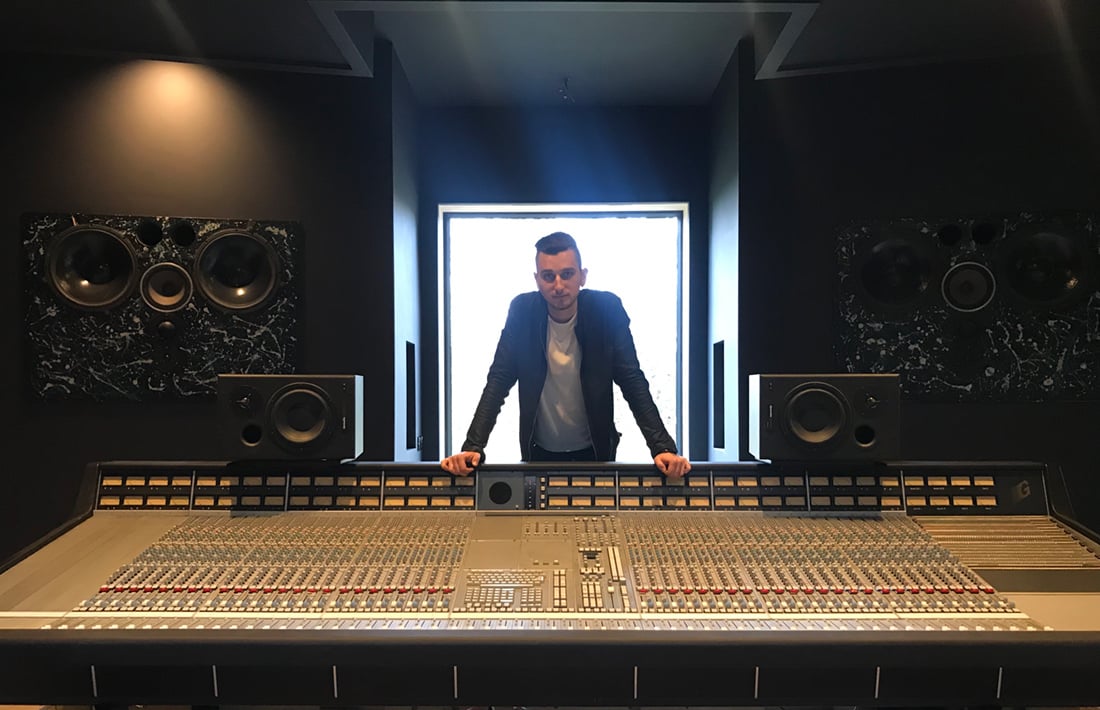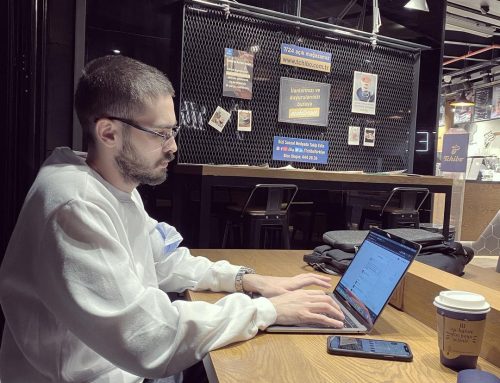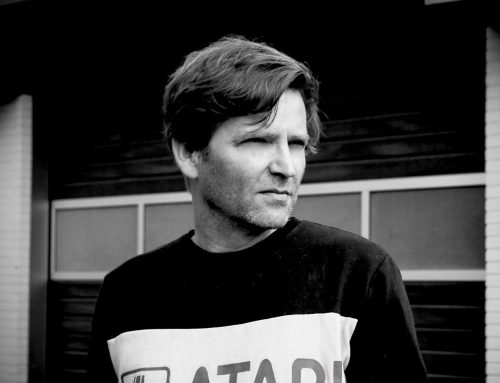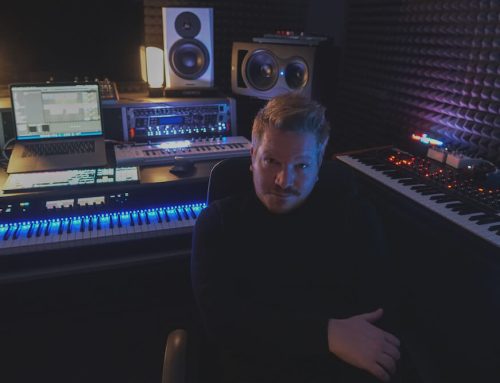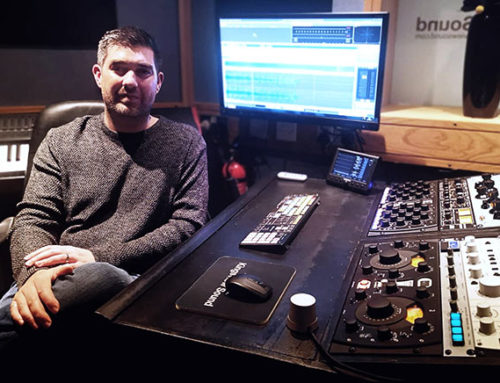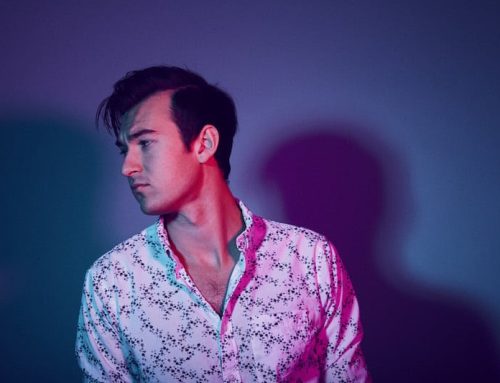Hi Ivo, thank you for taking the time to chat with us.
1. What is your Daw, and why that choice specifically?
I’m a ProTools guy, but I tried different DAWs and some are really good. I prefer ProTools above all because it provides me the highest degree of freedom and choice. When I’m working I’m like a surgeon and the DAW is my operating theatre with all my clean scalpels and other tools. The shortcuts are my assistants. Some other DAWs have adopted a little too much automation. When the DAW takes certain decisions instead of me I have to spend time getting the work a few steps backward, reversing those decisions, so I can be the one making them.
2. What can’t you live without?
One thing I can’t live without is the Sonarworks Reference. This is a calibration tool that measures the acoustic response of your room in relation to your monitors and applies a corrective EQ on your monitor mix. Once I tried it I couldn’t understand how I’ve lived and mixed in my room. So many of my problems disappeared. Keep in mind that no matter how good your acoustics are — the line is never going to be flat and the calibrator takes care of you. It makes sure you are listening to an accurate picture. If you have a budget of £400 for a monitoring system I’d say “spend £200 on your monitors and £200 for the calibrator”.
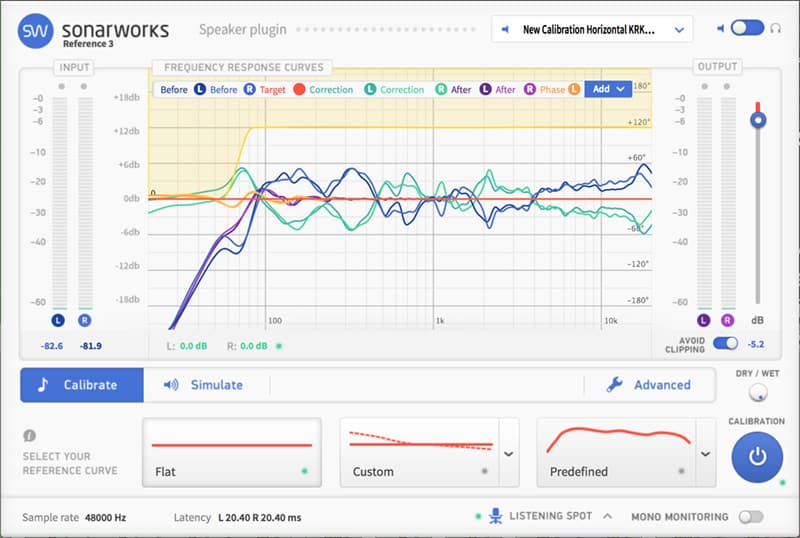
3. What is your process for referencing your mixes?
I always try to check my mixes on as many sources as I can, but I do have a certain routine. I mix on KRK Rockit 5s with the Sonarworks Reference plugin working in the background, fixing the acoustics of my room. When I’m close to finishing I turn off the calibrator, so I can check the pure sound of the KRKs. I would then listen to my mix on a Blaupunkt Bluetooth speaker. Then I move to the Apple test. I check how the mix would sound on the MacBook Pro speakers, my iPhone 7 speakers and obviously the Airpods, which I believe are the most common listening system for the average person. If the mix passes this test I go to my Shure SE315 in-ears, as well as the ATH- M50s. Sometimes I check my mixes on Focals, but the hardest test is my car stereo. If the mix passes the closed window test I know I’m on to something. That’s when the sound gets trapped in, muffled, boomy, muddy and overall horrible and is the hardest test to pass.
4. What is your favorite EQ plugin and why?
I don’t have a favorite one because each of my EQs has different characters and strong points. The one I use the most though is the BX_Digital V3 (mix) for UAD. That is a super transparent EQ for surgical corrections. Aside from the HPF, LPF and 5 other bands — it also has a Dynamic EQ band, Bass Shifter, and a Presence Shifter. When I swipe either of the 5 bands the EQ isolates the band for monitoring, which is incredibly helpful. The plugin has everything I need laid out very smart and it doesn’t drain my UAD chips.
The stereo/MS version includes Gain Scale, Mono-maker and a ton of other features. It’s a must on almost every BUS and Master.
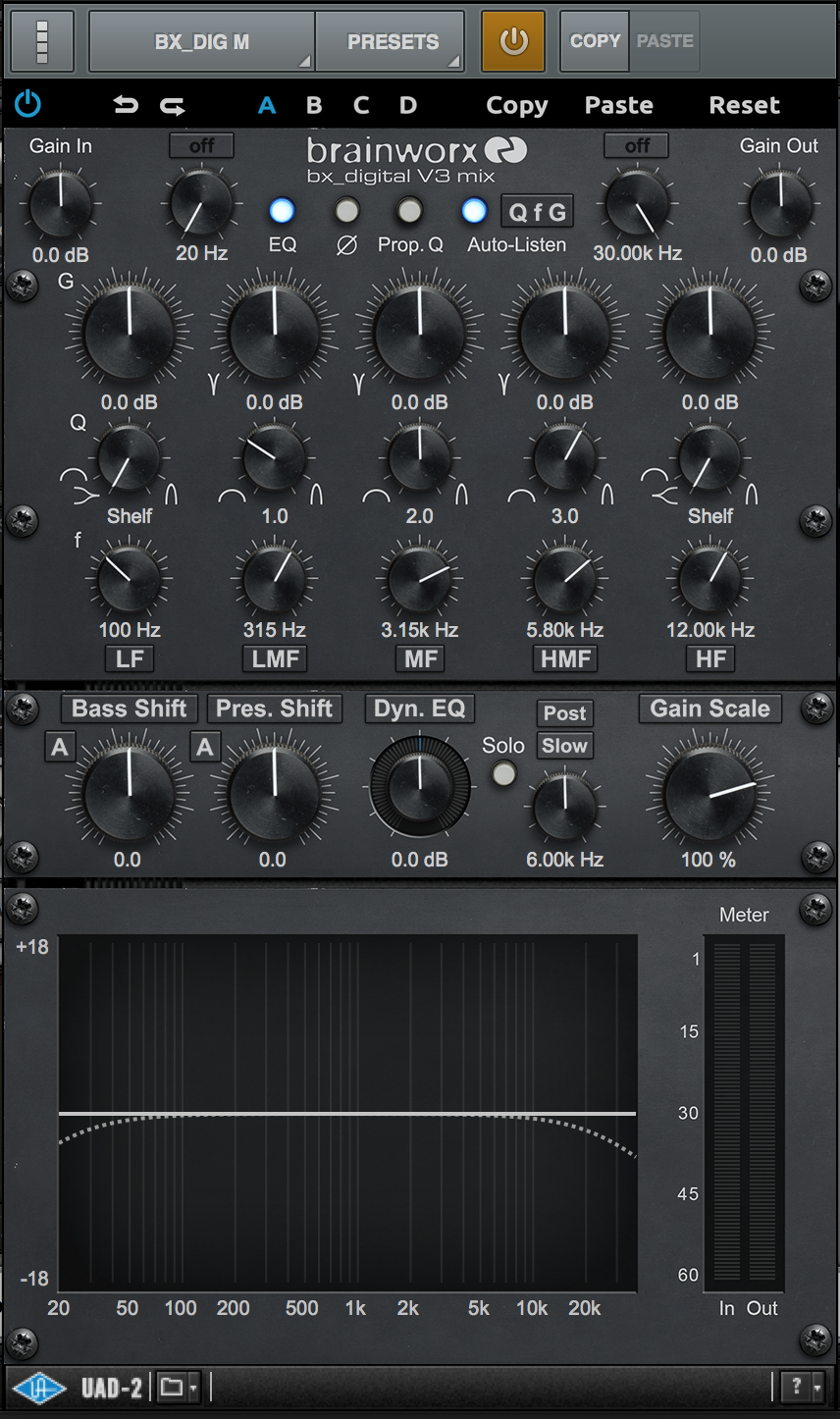
5. What makes a good song?
I think a good song has to make me forget what I’m doing and sends me to a different place. Transcend if you will. To forget if I was listening for a specific feature of the song and start dreaming. Once I actually fell in a semi-sleepy coma during a recording session. The band went for a coffee, while I was checking the recordings and I got lost in the music. I closed my eyes and went somewhere else. When they woke me up out of the coma they were a bit offended, but I tried to explain that the music was very powerful and that was a good thing.
6. Do you think formal education is necessary for becoming a good audio engineer? Why?
Education is very important, but the formal environment is not that necessary. Everything can be learned at home or in the studio, so the University is not essential for the sake of the knowledge. What I would say though is that my formal education at BIMM London played a very important role in giving me the drive and the motivation to go home after classes and spend hours learning on my own. My mentor and now personal friend Hugh Neal taught me a lot of things in the realm of Music Production but also gave me discipline and drive. Uni is great for making connections, using high- end facilities and diving into a music environment. If anyone can benefit as much as I did from a formal education I would highly recommend it. I was lucky to have a great passion for Music Production and had teachers of the highest quality, so I squeezed the most out of my time there.
7. Do you think it’s necessary for a producer to know how to play an instrument? Why?
Yes, I think that is essential. I myself am a musician (drummer). Because of that, I have and still do spend many hours playing with others and seeing the music from the other side of the table, not only from the producers’ chair. I think it helps a lot with understanding how to communicate with musicians during the session, what they need and how they can deliver it. It also gives a greater understanding of the instruments themselves and how they can work together.
8. How do you balance your professional and personal life?
My professional life is my personal life. I can’t tell if I’m balancing it or it’s balancing me. I breathe and eat music every day, which is why I don’t consider it work. If I have been mixing for a couple of hours and I need to rest and do something for joy instead of work, I’d still do the same thing or I’ll play on my drum kit. Every so often I’d also watch something useful about music production during my meals. Sometimes I even dream how I produce then I wake up and do it. This is how some of my best ideas are born.
9. What are your first questions when starting a new project?
What is your vision, what is your message, why are you doing it and what is your goal for the emotional journey of the song? If I can connect with that and I like where it’s going I’d go further and ask: what do you want to achieve with this and how do you want to use it?
10. Favorite plugin & why?
I don’t have a favorite plugin as I don’t think they are comparable. I would say though that I have a favorite plugin manufacturer — Universal Audio. In my opinion, these guys make the best of the best when it comes to software. The way they model plugins after outboard gear is insanely accurate. The devil is in the details and UA knows it. Of course, they will cost you some serious money, not only because the plugins are very expensive, but also because you need their UAD chips to run the software. The more plugins you get from them the more UAD cores you need and the more cores you get the more plugins you want. It’s a vicious cycle that is draining your wallet making you a real addict but also giving you the best drug. Once you get hooked on UA there’s no going out.
Ivo Sotirov – Sound Engineer and Music Producer
www.ivo.sotirov.me


